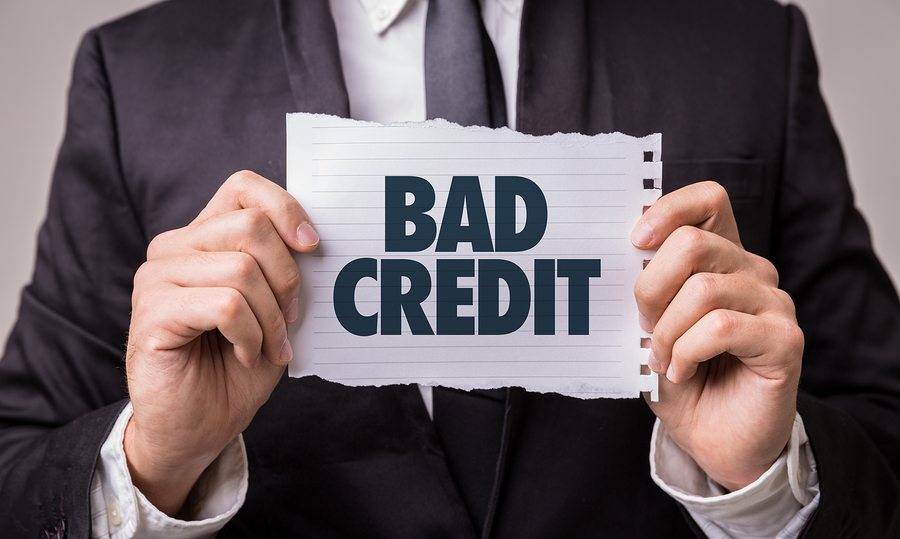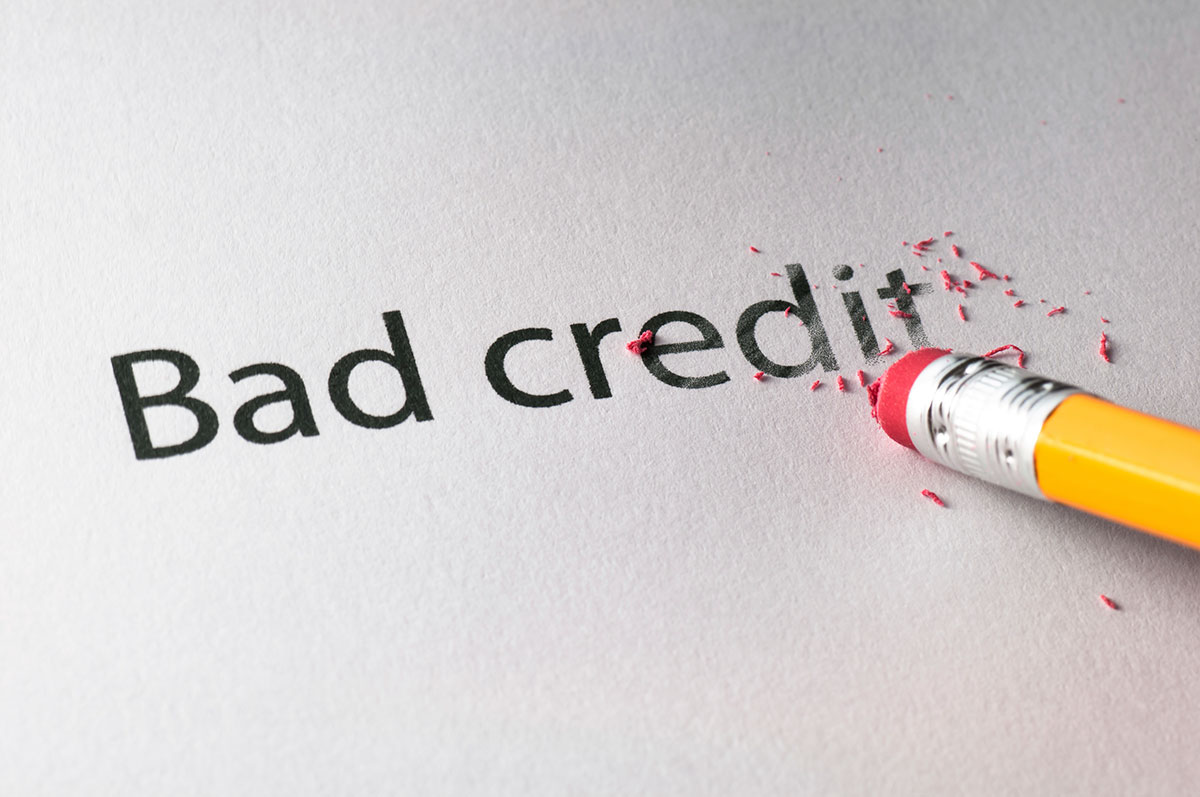Having a bad credit score may make it a lot harder for you to get approved for a new loan, which could put some serious limits on your entrepreneurial ambitions. While some would suggest fixing your credit score (which is something you should do either way), you need to understand that this might take months and you may not be able to wait for so long. With that in mind and without further ado, here are some things you need to know in order to make your entrepreneurial dreams come true even with a bad credit score.
What is a credit rating?
In order to understand what bad credit is, you first need to figure out the concept of credit rating. You see, credit rating is a metric used by lenders and financial organizations of all kinds in order to make an estimate of how financially trustworthy you are. The most commonly used scale is the so-called FICO score, which ranges between 300 and 850 (the higher the number, the better the score). The way in which it’s calculated is fairly simple and there are five relevant factors to take into consideration. These are – your payment history (35 percent of the score), the amounts owed (30 percent), the length of your credit history (15 percent), the types of credit (10 percent) and new credit (10 percent).
Money from friends and family
The first financing option that you should consider is asking your friends and family members for funding. This is not nearly such an uncommon method, seeing as how about 38 percent of all startups get funded this way. The first downside of this idea is the fact that these people may not have enough money, while others might not feel comfortable with entrusting you with their funds. Even if you do get the money, you can lose a valuable real-life relationship by failing to meet your financial obligation towards this lender-friend of yours.
Secured and unsecured loans
There are two major types of loans, secured and unsecured. Secured loans usually require that you offer collateral or have a co-signer, which makes them a tad harder to access. Unsecured don’t need collateral or a co-signer. There is a belief that these unsecured loans are mostly meant for those who need smaller amounts, which is not necessarily true. In fact, some online platforms that are specializing in unsecured business loans can provide you with as much as $100,000, without charged pre-approval. Due to the fact that launching an average startup costs between $30,000 and $50,000, this could be more than enough.
Looking for investors
Another thing you can do is look for investors and the main two types that you should focus on are angel investors and venture capitalists. Angel investors are the investors in a traditional sense – people with a lot of money looking for a great idea to invest in. Benefits of angel investors go past their funds, due to the fact that they may also provide valuable advice or get you in touch with some of their contacts. The last thing worth taking into consideration is venture capitalists, which are usually in organizations that look to grow their wealth by investing in a myriad of small enterprises in hopes that some of them will pay themselves off.
Peer-to-peer (P2P) lending
Another topic that you might want to read a bit more about is the concept of P2P lending. Nowadays, there are a lot of amazing platforms that allow you to directly borrow money from people online in order to fund your startup. Later on, you return this money with interest and everyone wins. The best thing about the fact that this is a two-way street is that you can even start lending the same way, once you’re on your feet.
Crowdfunding
Another option, especially in the tech industry is to start a crowdfunding campaign. Here, however, you need to keep in mind the fact that it’s not just about the idea and the business plan. It’s also about being able to make an adequate presentation.
In the end, even with all of these options available, you shouldn’t neglect or ignore your bad credit score. You never know when you’ll be in a scenario where you need to apply for a conventional credit or enjoy some other benefits. Even your insurance premiums are affected by your credit score and as a business owner, you’ll have at least several of them to worry about. Still, for the time being, some of the above-listed methods can be more than useful.

